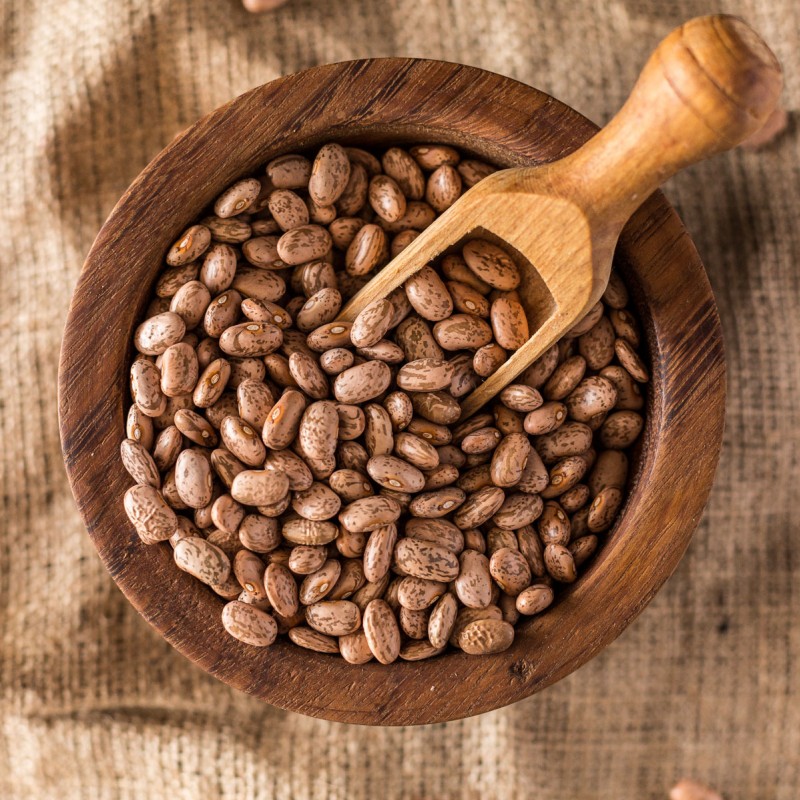The Global Pulse Confederation, a not for profit organisation that represents the global pulses value chain, has welcomed the new ‘Eatwell Guide’ from Public Health England, which encourages consumers ‘to eat more beans and pulses’.
 “Public Health England’s new ‘Eatwell Guide’ is a welcome reminder of the important role beans and pulses, such as peas, chickpeas and lentils, should play in a healthy, balanced diet. “We applaud their new emphasis and would encourage people to visit www.pulses.org to find out for themselves the health, nutrition and sustainability benefits of eating more pulses,” said Andrew Jacobs, Chair of the UK’s International Year of Pulses Promotion Group.
“Public Health England’s new ‘Eatwell Guide’ is a welcome reminder of the important role beans and pulses, such as peas, chickpeas and lentils, should play in a healthy, balanced diet. “We applaud their new emphasis and would encourage people to visit www.pulses.org to find out for themselves the health, nutrition and sustainability benefits of eating more pulses,” said Andrew Jacobs, Chair of the UK’s International Year of Pulses Promotion Group.
Public Health England is an agency sponsored by the United Kingdom’s Department of Health and is a global authority on public health matters, including diet. The new ‘Eatwell Guide’, which was revised earlier this month, encourages consumers to eat more vegetarian sources of protein, eat less processed meat and reduce their consumption of fat, sugary food and drinks.
“Pulses are a cornerstone of nutritional security for the hungry and malnourished. They can also play a critical role in providing healthier diets in countries where as diabetes and obesity have become costly epidemics. Our plea to governments and public health agencies is to review how pulses, which are a highly efficient and sustainable source of plant-protein, can play a bigger role in food security and nutrition policies,” says Huseyin Arslan, President of the Global Pulse Confederation.
“Pulses” are the edible dried seeds of legume crops that include dry beans, dry peas, chickpeas and lentils. This diverse group of staple foods has been cultivated by civilizations across the globe for over 10,000 years. They are high in protein, fibre, various vitamins with no cholesterol and are low in fat. Pulses are part of the ‘food basket’ used by the World Food Programme in food assistance strategies.
One reason the 68th United Nations General Assembly declared 2016 the International Year of Pulses is that pulses can help improve human health and well-being, including obesity and diabetes prevention and control, reductions in cancer, heart disease and cholesterol, and anemia prevention. Pulses are often used in weight management and weight-loss programs.
In addition to providing a nutrient dense, low-cost and low-fat source of protein and fibre, pulses are also good for the planet. They have a low carbon footprint and enrich the soil where they are grown, feeding soil microbes and improving soil health by producing nitrogen, thereby reducing the need for chemical fertilisers. They are also a water-efficient source of protein. Pulses require just 1/10 to 1/2 of the water used by other sources of protein. Putting pulses into a crop rotation improves a farm’s environmental stewardship.
